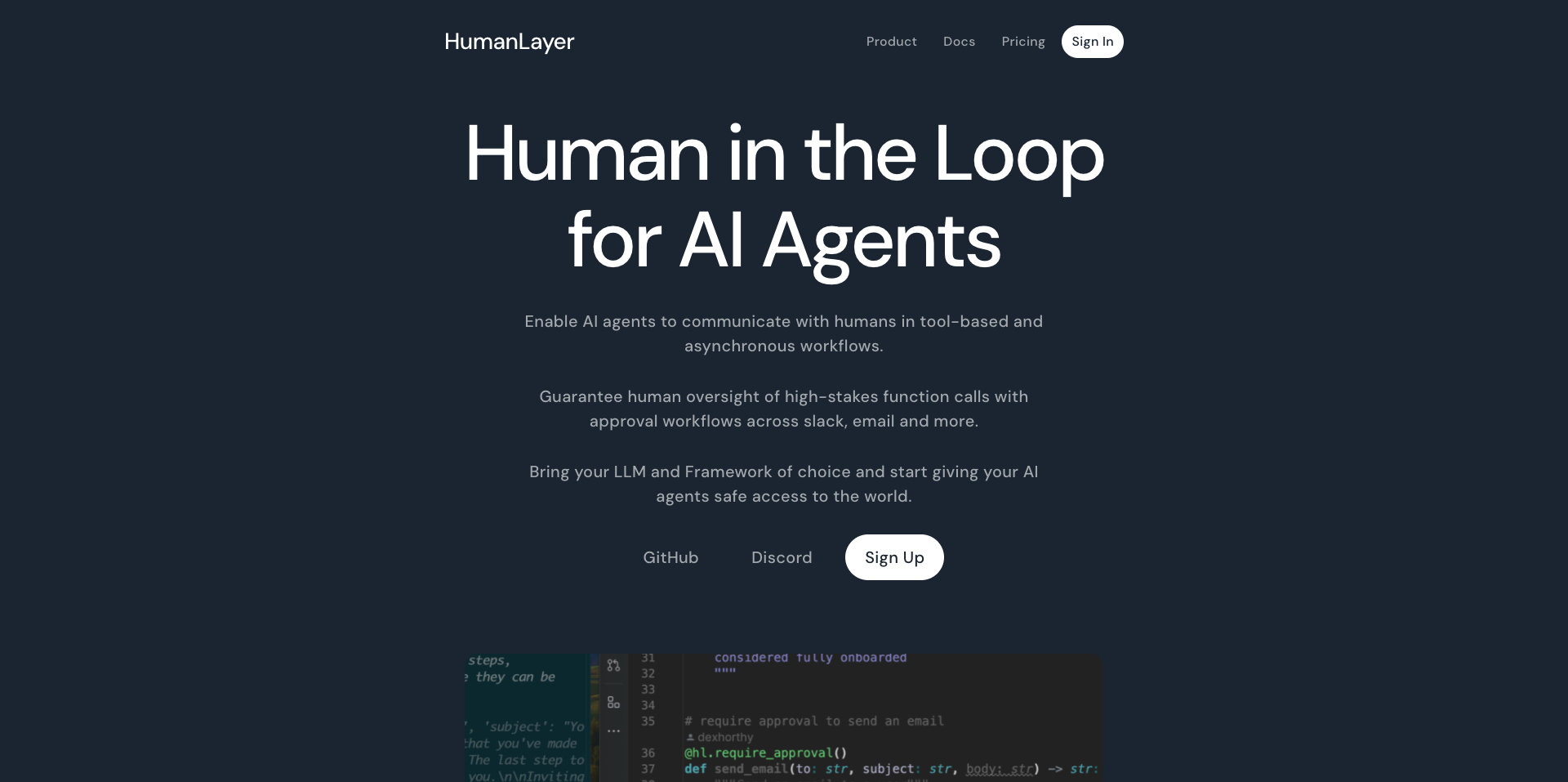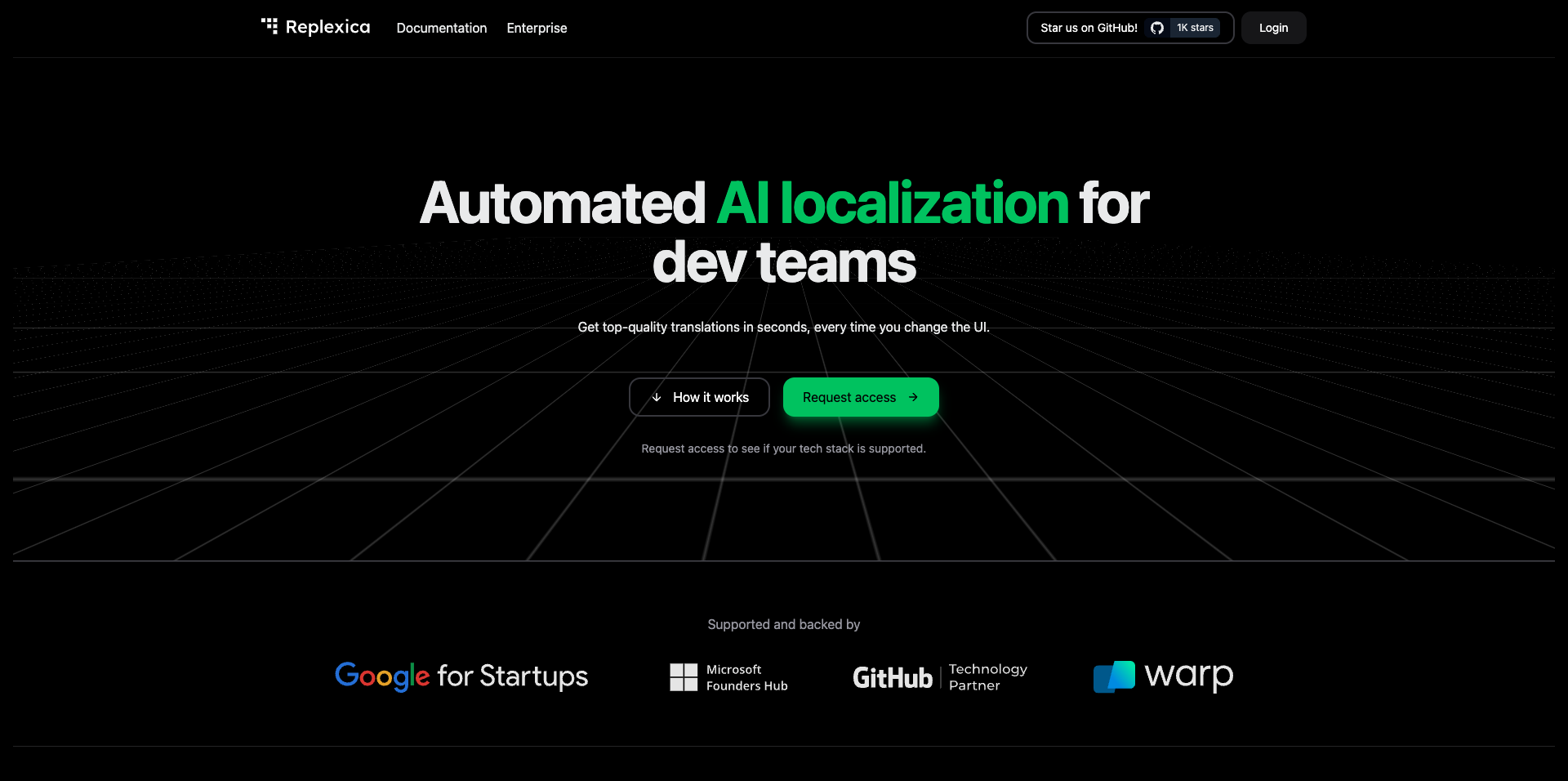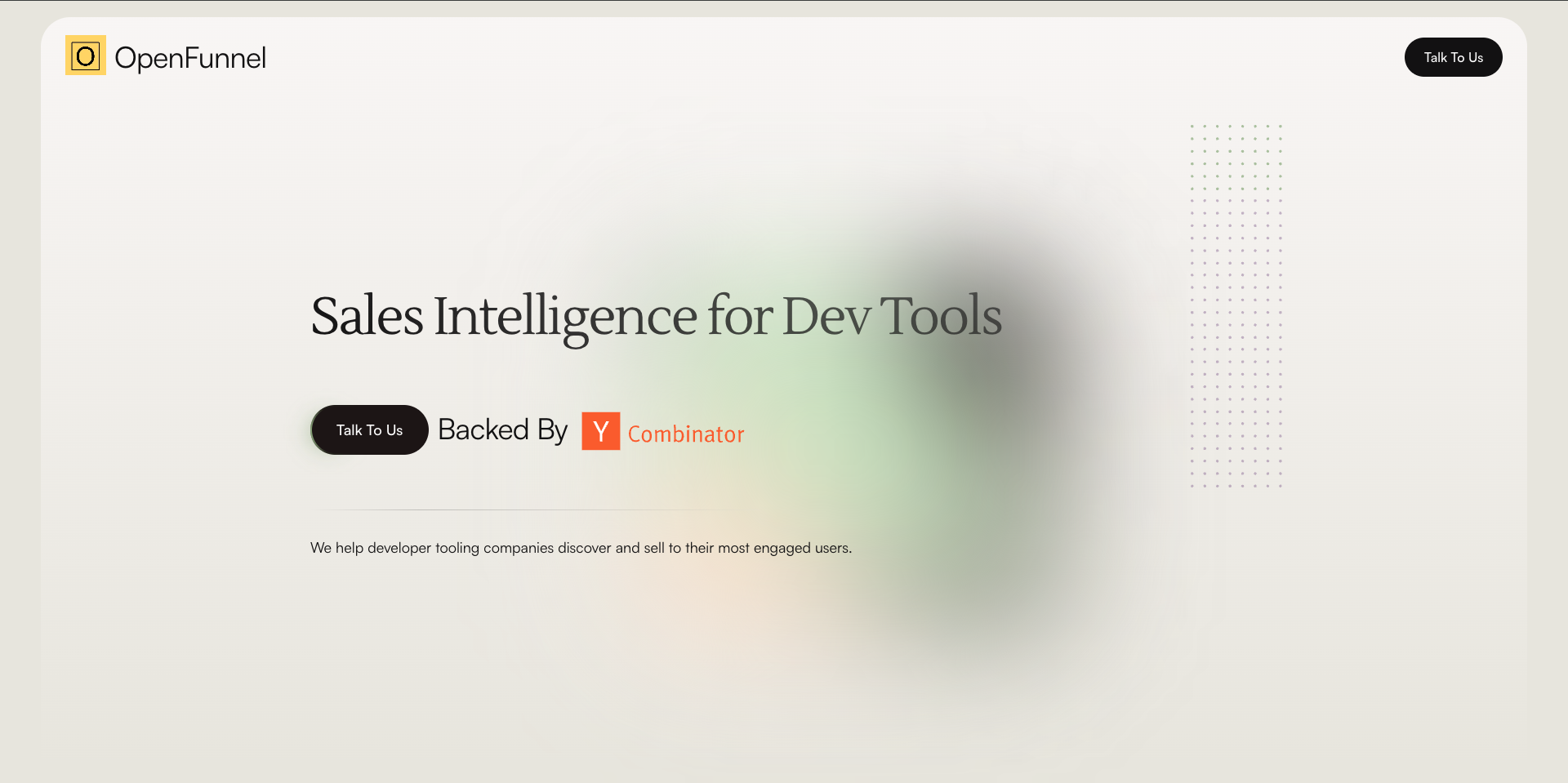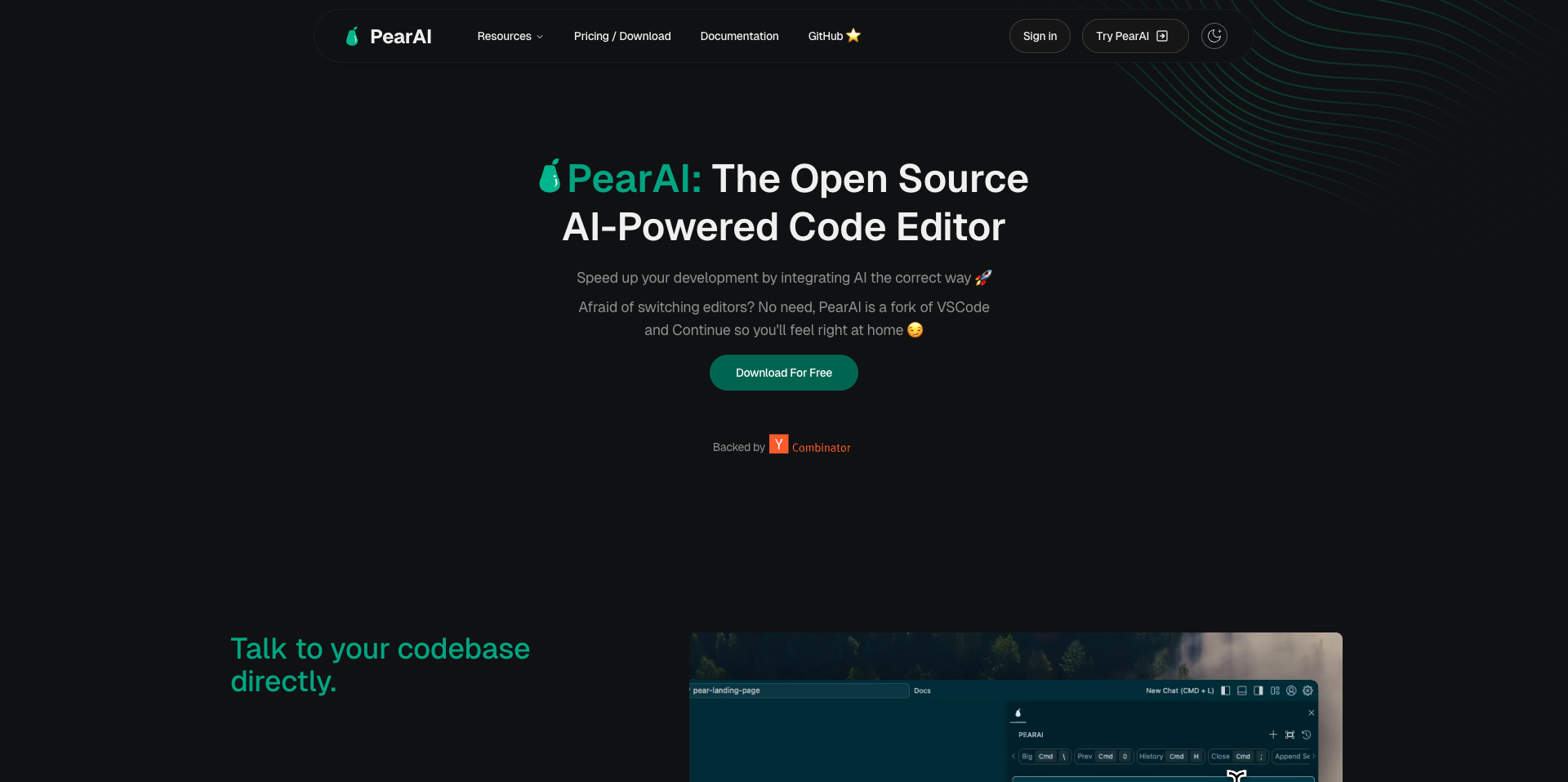Y Combinator (YC) is one of the most prestigious startup accelerators in the world, renowned for helping early-stage companies grow into successful ventures. Since its founding in 2005, YC has become synonymous with innovation and entrepreneurial excellence, playing a pivotal role in launching some of the most recognized companies globally, including Airbnb, Dropbox, and Stripe. YC offers a unique blend of mentorship, funding, and networking opportunities, providing startups with the resources they need to scale quickly and effectively.
The program spans three months, during which startups receive hands-on guidance and access to YC's vast network of investors, advisors, and alumni. At the end of the program, startups present their progress and pitch their ideas during "Demo Day"—a highly anticipated event that attracts venture capitalists and industry leaders from around the world. YC’s ability to consistently identify and nurture groundbreaking companies has solidified its position as a vital force in the global startup ecosystem. This article explores the latest trends at Y Combinator, focusing on the rise of AI startups and their impact on innovation across various industries.
Trends at Y Combinator: Shaping the Future of Startups
One of the most significant trends at YC in recent years has been the rise in AI-focused startups. In the Summer 2024 batch, approximately 75% of the startups are working on AI-related projects, an increase compared to previous years. This surge is a testament to the growing importance of artificial intelligence across industries, as startups leverage AI technologies such as machine learning, natural language processing, and automation to create innovative solutions for a wide range of applications. YC's focus on AI reflects its strategic priority of backing companies that are not only disruptive but also equipped to capitalize on the transformative potential of this technology.
The rise in AI startups at YC is driven by the versatility of AI technologies and their potential to address complex problems in diverse industries. Founders are increasingly applying AI to solve challenges in sectors like healthcare, real estate, automotive, and education, where automation and data-driven decision-making can lead to significant improvements in efficiency and cost reduction. This trend also aligns with YC’s emphasis on scalability, as AI solutions are highly adaptable and can be applied across global markets with minimal modifications. Startups are not only building products with AI as a core component but also utilizing AI to enhance internal operations, such as optimizing sales processes or improving customer support.
Beyond AI, YC has seen a broader trend towards industry-specific solutions that leverage advanced technologies like AI, blockchain, and robotics. Startups focusing on niche areas, such as developer tools, financial technology, and supply chain management, are creating highly specialized products that solve specific problems within their industries. By supporting these specialized startups, YC encourages founders to create innovative solutions that can be scaled effectively. This combination of industry focus and cutting-edge technology is a defining trend at YC, helping startups not only grow but also create lasting impact in their respective sectors.
Introduction to AI Startups from Y Combinator’s Fall 2024 Batch
In selecting six AI startups from Y Combinator's Fall 2024 batch, We selected several companies tagged with “AI,” “Generative AI,” or “Artificial Intelligence”. These companies showcase the latest advancements in AI across diverse industries, demonstrating how artificial intelligence is transforming sectors from real estate to developer tools.
1. HumanLayer
HumanLayer provides a unique solution for companies looking to ensure human oversight in high-stakes AI decision-making processes. Positioned at the intersection of AI and human expertise, HumanLayer offers an API and SDK that allow AI agents to contact humans for approval, feedback, or input before executing critical actions. For instance, if an AI agent is about to send an email to a prospect or update sensitive production data, HumanLayer requires human approval to ensure the decision aligns with business goals. This integration of human judgment into AI workflows is essential for maintaining accountability and reliability in automated systems.

By providing human-in-the-loop oversight, HumanLayer addresses the growing concern over AI's autonomy in decision-making, particularly in sectors like finance, customer service, and operations. The platform supports popular frameworks and large language models (LLMs), allowing developers to build AI systems that are both efficient and trustworthy. HumanLayer is crucial for businesses that require a balance between automation and human intervention, making it a key player in the evolving AI landscape.
2. Ember Copilot
Ember Copilot is revolutionizing healthcare workflows by providing an AI-powered medical assistant specifically designed to reduce clinician burnout and improve patient care. The platform automates various aspects of clinical documentation, including generating SOAP notes, suggesting medical coding (ICD-10 and CPT codes), and creating post-visit summaries. By integrating seamlessly with Electronic Health Record (EHR) systems, Ember Copilot helps healthcare providers save time on administrative tasks, allowing them to focus more on patient care. With its ability to support over 40 medical specialties and handle complex clinical encounters, the platform ensures that clinicians can maintain accuracy in their notes while significantly reducing the time spent on paperwork.

Ember Copilot's AI-powered medical scribe also enhances the patient experience by generating patient-friendly summaries and letters of medical necessity. With multilingual support and the ability to understand contextual medical conversations, Ember Copilot offers a robust solution to the growing demands of healthcare providers. Clinicians report saving over six hours a week using the platform, underscoring its value in improving operational efficiency and patient outcomes
3. Bramble
Bramble is revolutionizing the real estate industry with its AI-powered flat-fee buyer brokerage model. By leveraging AI tools, Bramble streamlines the home-buying process, offering features such as instant property analysis, competitive offer generation, and real-time market reports. Buyers can use AI to evaluate potential homes, submit offers, and close transactions with confidence, all while receiving expert agent support on demand. The platform’s unique value proposition lies in its transparent, fixed-fee model, which allows buyers to save money—often receiving rebates of up to $20,000 at closing. Bramble's combination of AI-driven services and human expertise is setting a new standard for real estate transactions, making home buying more accessible and efficient.

Bramble’s success lies in its ability to address common pain points in the real estate process, such as the high cost of traditional brokers and the lack of timely support. The AI-backed platform empowers buyers to make informed decisions quickly, enhancing the overall experience while lowering costs. With its focus on user-friendly AI tools and professional agent guidance, Bramble is positioned to disrupt the traditional brokerage model, offering a seamless and cost-effective solution for homebuyers across California.
4. Replexica
Replexica is transforming the way companies localize their software, offering an AI-powered solution that automates the entire localization process. Traditionally, localization is a time-consuming and costly endeavor, requiring coordination with third-party translation services. Replexica eliminates these bottlenecks by integrating directly into a company’s CI/CD pipeline, automatically generating pull requests with updated translations whenever developers commit new UI code. This not only speeds up the localization process but also ensures that translations are consistently accurate and contextually relevant.

Replexica supports a wide range of languages and formats, making it highly adaptable for teams building multilingual web, mobile, or desktop applications. By leveraging cutting-edge AI models from companies like OpenAI and Google, Replexica offers professional-grade localization without the need for human translators. This platform is ideal for engineering teams that want to maintain the quality of their software across multiple markets without the traditional overhead of manual localization.
5. Sandra.ai
Sandra.ai provides a specialized AI voice receptionist tailored to the needs of automotive dealerships. Handling over 3 billion calls annually, car dealerships require a robust and efficient solution to manage customer inquiries. Sandra.ai steps in as a 24/7 voice agent capable of answering questions about appointments, services, and availability with human-like accuracy. Integrated with dealership management systems, Sandra ensures that even the most complex queries are handled smoothly, boosting both customer satisfaction and team efficiency.

By automating the management of inbound calls, Sandra.ai allows dealership staff to focus on more value-added activities, improving overall performance. The voice AI agent is designed to seamlessly integrate with existing dealership software, ensuring a smooth onboarding process. With deep industry knowledge and real-time availability, Sandra.ai offers a game-changing solution for automotive businesses looking to enhance their customer service capabilities.
6. OpenFunnel
OpenFunnel is designed to help companies that create developer tools discover and engage their most active users. Using generative AI, OpenFunnel aggregates data from various developer channels, providing companies with enriched, highly contextual leads that are updated in real-time. The platform monitors developer engagement across open-source projects, social media, and other community spaces, giving businesses actionable insights into developer adoption and product fit. By analyzing developer behavior, OpenFunnel enables sales teams to target high-value prospects with personalized outreach, improving conversion rates and sales outcomes.

The power of OpenFunnel lies in its ability to transform scattered developer interactions into coherent insights. Its AI agents continuously track developer activity, identifying enterprise opportunities and reducing the chances of potential clients “ghosting” sales teams. With its focus on developer-centric intelligence, OpenFunnel provides a crucial advantage to companies that need to navigate the complex and competitive landscape of developer tool adoption.
7. PearAI
PearAI is an open-source AI code editor designed to significantly speed up software development. As a fork of the popular VSCode, PearAI integrates a suite of advanced AI tools, allowing developers to interact directly with their codebase, ask questions, and generate code. What sets PearAI apart from other AI-powered code editors is its ability to seamlessly integrate various AI tools in one centralized interface, eliminating the need for developers to constantly search for and evaluate new tools. This open-source platform offers a highly efficient workflow for developers, helping them create new features or troubleshoot unfamiliar codebases with ease.

PearAI’s mission is to democratize access to powerful AI tools for developers, aiming to reduce the time it takes to transform an idea into a fully functional product. With features such as /leetcode for beginner-level coding tasks and a customizable interface, PearAI enhances both development speed and learning. By making AI tools more accessible and intuitive, PearAI accelerates innovation and ensures that developers can focus on what matters most: building great software.
The Future of AI at Y Combinator
The current wave of AI innovation at Y Combinator is just the beginning. With the accelerator now admitting more AI-focused startups than ever before, it’s clear that AI will continue to play a dominant role in shaping the future of industries across the globe. From automating routine tasks to revolutionizing customer experiences and augmenting human creativity, YC’s AI startups are at the forefront of a technological shift that promises to redefine how businesses operate.
Y Combinator’s approach to fostering AI startups highlights the importance of specialization, with many companies addressing specific problems through targeted AI applications. This focus on niche solutions, combined with advancements in AI technologies such as LLMs, multimodal systems, and robotics, is helping startups solve complex challenges and unlock new levels of efficiency. As AI continues to evolve, YC’s role as a breeding ground for next-generation AI startups will remain crucial in driving technological progress.
References
- Y Combinator | About YC
- Y Combinator | Startup Directory
- Sherwood | Three-quarters of founders in the latest Y Combinator cohort are working on AI startups
- PitchBook | Predicting AI’s future from Y Combinator’s new cohort
- Medium | AI Startup Trends: Insights from Y Combinator’s Latest Batch
- HumanLayer | Human in the Loop for AI Agents
- Ember Copilot | The medical scribe that actually works
- Bramble | Full-service homebuying for one flat fee
- Replexica | Automated AI localization for dev teams
- Sandra.ai | Never miss a call in your dealerships again with sandra.ai
- OpenFunnel | Sales Intelligence for Dev Tool
- PearAI | The Open Source AI‑Powered Code Editor
- Giselle | AI Agent x Sales: Revolutionizing the Future of Sales with Intelligence
- Giselle | AI in Customer Service: Exploring the Pioneers of the a16z Enterprise List
Please Note: This content was created with AI assistance. While we strive for accuracy, the information provided may not always be current or complete. We periodically update our articles, but recent developments may not be reflected immediately. This material is intended for general informational purposes and should not be considered as professional advice. We do not assume liability for any inaccuracies or omissions. For critical matters, please consult authoritative sources or relevant experts. We appreciate your understanding.
